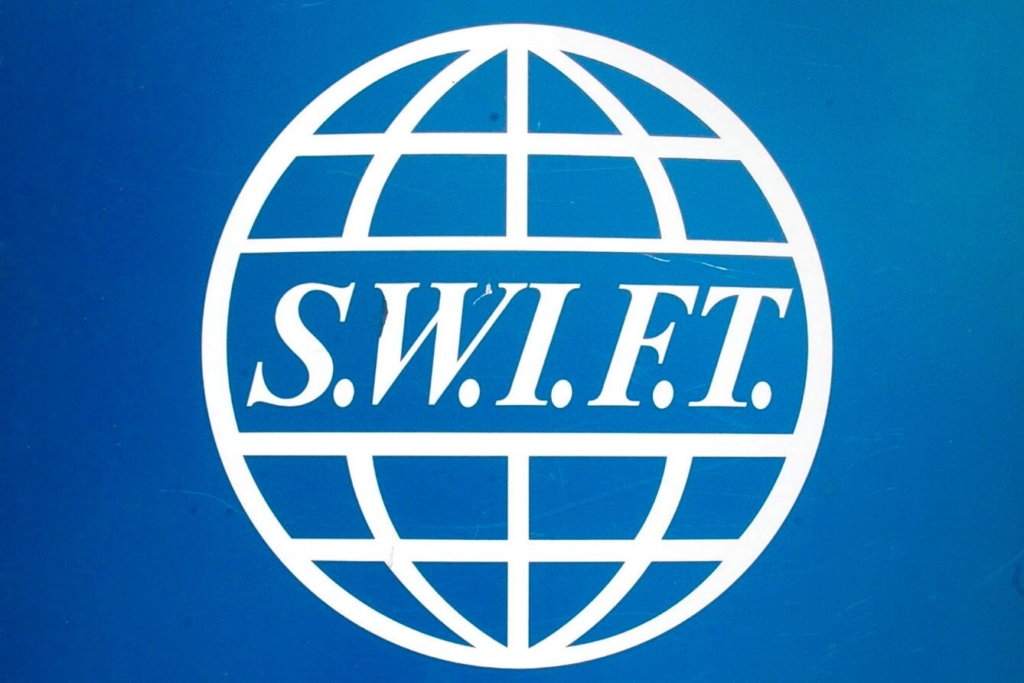SWIFT, the global banking network, is set to revolutionize the financial landscape by enabling digital asset transactions for over 11,000 financial institutions starting next year.
This ambitious initiative aims to bridge the gap between traditional banking and the burgeoning world of digital assets, tackling regulatory and privacy challenges head-on.
The project will kick off with trials across North America, Europe, and Asia, allowing banks to delve into tokenized assets. SWIFT envisions a unified network that provides a single access point to a diverse range of asset types, merging conventional finance with digital innovation.
David Pinger, CEO of Warden Protocol, emphasizes the transformative potential of this initiative, suggesting it could accelerate the adoption of tokenized assets and attract institutional capital.
However, he also points out significant hurdles, including regulatory inconsistencies and privacy concerns, which SWIFT is actively addressing by integrating disparate digital networks.
SWIFT’s strategy includes building a comprehensive network that connects traditional banks with the evolving digital economy, while also incorporating other bank-led networks to enhance its influence.
Will Wendt from Oasis Protocol highlights SWIFT’s expertise in confidentiality as a key asset, suggesting it could effectively balance the transparency of Web3 with the privacy needs of traditional banking.
As the global trial unfolds, linking thousands of financial institutions to both current and emerging digital assets, the success of SWIFT’s initiative could redefine the interaction between banks and digital finance, paving the way for a new era in financial transactions.



